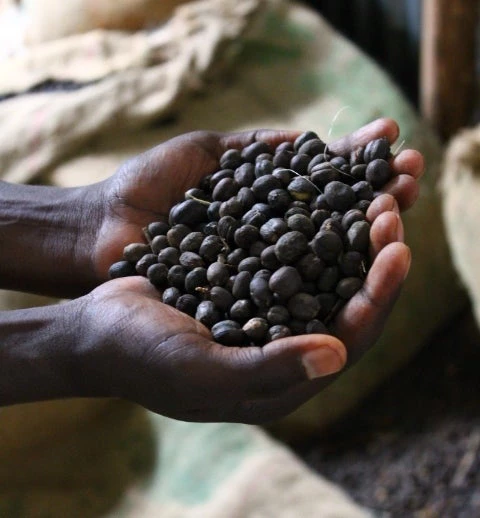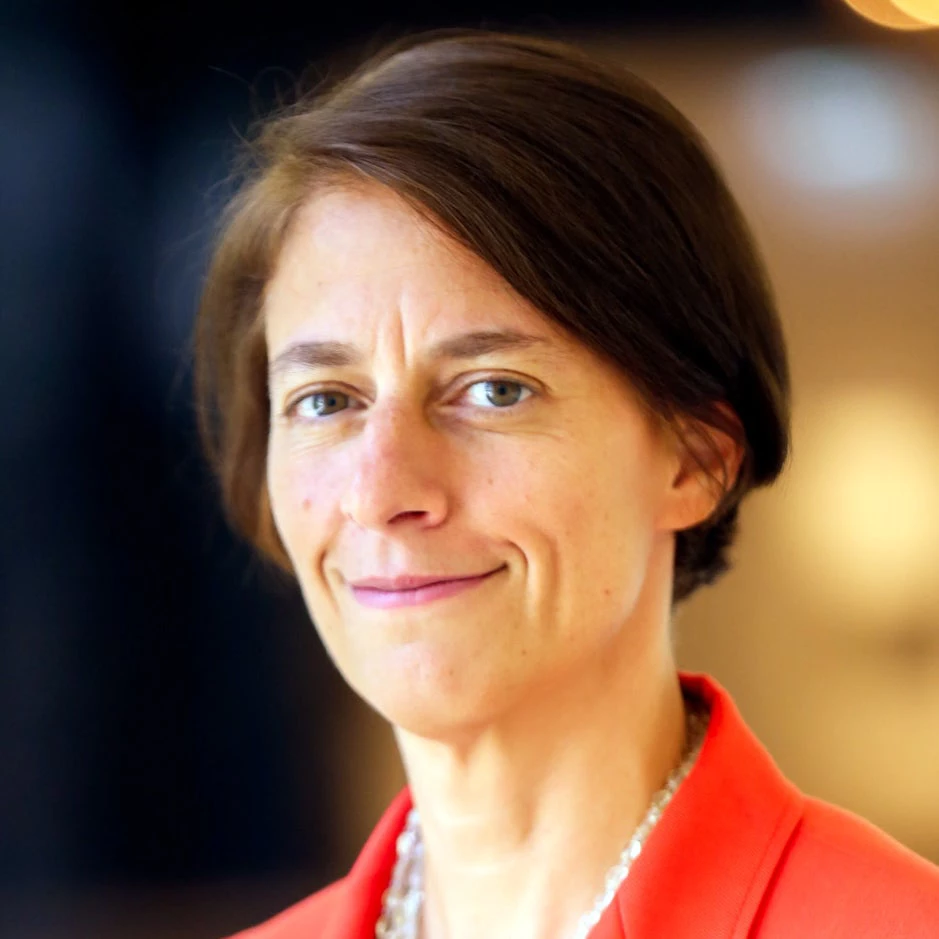
Ethiopia, the single largest African coffee producer and the world’s fifth largest, is commonly considered to be the birthplace of coffee. It’s hardly a surprise that when you survey the landscape of Ethiopia’s Oromia region, an area the size of Italy, it is bespeckled with native Coffea arabica farms.
In Ethiopia, about 95 percent of the coffee is produced by an estimated 1.2 million smallholder farmers . So it was quite fitting to focus on the country’s smallholder coffee farmers in Oromia for a project to help promote climate-smart “green” practices.
This week, the World Bank Group’s BioCarbon Fund Initiative for Sustainable Forest Landscapes (ISFL) announced it was taking part in a project together with the Bank Group’s private sector arm, the International Finance Corporation (IFC), along with the international coffee company, Nespresso and the non-profit, TechnoServe.
The ISFL is awarding a $3 million grant through the IFC to the Nespresso Sustainability Innovation Fund, a non-profit partnership program, to support the training activities to farmers in Oromia. These local activities will be implemented by TechnoServe.
At the same time, IFC, is providing a $3 million loan to Nespresso to expand training of farmers on sustainability standards and increase planting of shade trees within the coffee farms in Ethiopia and Kenya. Again, it’s a move aimed at not only improving the quality of the coffee, but also contributing to the transformation of the degraded landscapes.
The project will provide farmers with intensive, field-based agronomy and business training using local instructors. It will also support planting shade trees on coffee farms.
This is the first private sector collaboration for the ISFL, which is pioneering projects that bring countries and companies together to adopt new ways of working that benefit both people and the planet.
The aim of this collaboration is to not only support climate smart green practices but also to help increase the productivity of high-quality coffee production in Oromia. And it has a special benefit—the project will contribute to the ISFL’s Oromia Forested Landscape Program, which aims to reduce greenhouse gas emissions and improve sustainable forest management in the region.
In this region, smallholder farmers often have holdings less than two hectares. They are typically grouped into producer cooperatives, which provide services such as coffee processing (wet mill, sun drying area, and storage shed), credit, as well as other financial resources. Given that coffee production is a source of employment and income for farmers in rural parts of Ethiopia, investing in helping farmers is a move that can help improve livelihoods, and put more money in their pockets and so help reduce poverty.
The goal of this initiative is to achieve a 50 percent increase in coffee farm productivity of high-quality beans four years after the project is completed. In addition, the project supports planting shade trees on coffee farms, which is vital for the productivity of coffee trees. The new shade trees can restore degraded areas by reducing soil erosion, providing habitats for a wider variety of species, and boosting water retention. And the carbon sequestered in the tree trunks, branches and leaves also helps address climate change.
This type of collaboration is a prime example of the approach the ISFL is taking to engage and support companies as they seek out “green” sourcing and production practices for their deforestation-free supply chains. The ISFL recognizes the crucial role the private sector plays in encouraging smarter land use and reducing deforestation and forest degradation—and also that the private sector can play a pivotal role in scaling-up sustainable practices in emerging markets and supporting systems that deliver benefits well after a particular project ends.
So ISFL is seeking to partner with other private firms to help “forest-proof” the sourcing of commodities and redirect market forces towards more sustainable land management practices. Under consideration is similar large-scale programs that involve sustainable production systems for cotton, beef, rubber, and palm oil, among others.
For now, for Ethiopia, ISFL and its partners in the Oromia project are committed to achieving a “triple win”—improved coffee quality, livelihood opportunities for farmers, and management of forests and landscapes. We’re taking our coffee green from now on and it tastes sweet.



Join the Conversation